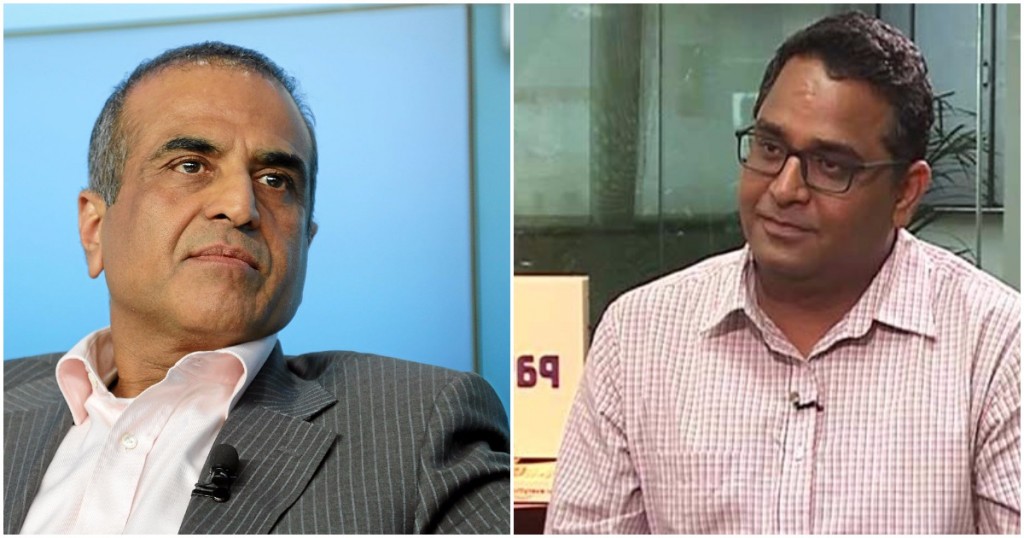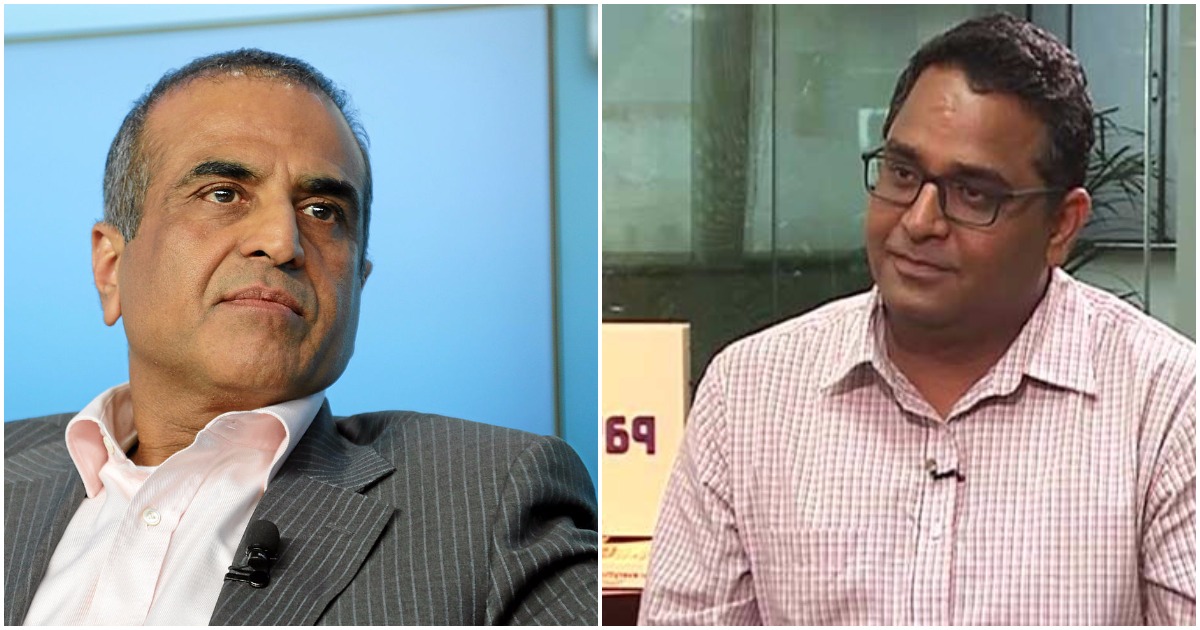After several delays, and much back-and-forth, Paytm has finally launched its own Payments Bank. Paytm now has the third payments bank in the country, after Airtel’s Payment Bank and the government-run India Post Payments Bank. Paytm’s Payment Bank will help catapult the company from being a mere wallet provider to a more established player in the payments space – after its launch, Paytm can launch its own RuPay debit cards, cheque books, and even provide an interest on the deposits in its bank.
But competition in the Payments Bank space is already fierce — as many as 11 entities have received licenses to operates these banks, including Aditya Birla Nuvo, Vodafone, and Reliance. While Airtel and India Post already have their banks up-and-running, the rest are expected to launch soon. Here’s how Paytm’s Payment Bank compares with the other two Payments Banks that are currently running – Airtel Payments Bank and India Post Payments Bank.

Interest Rate
Paytm Payments Bank: 4% per annum, paid monthly
Airtel Payments Bank: 7.25% per annum, paid monthly
India Post Payments Bank: 5.5% per annum, paid quarterly
Of the three Payments Banks that have been launched so far, Paytm offers the lowest interest rate. There had been indications that Paytm would be offering low interest rates — CEO Vijay Shekhar Sharma had earlier said that they weren’t keen on fighting interest rate wars with other banks.
Cash Withdrawal Charges
Paytm Payments Bank: In metro locations, 3 free transactions per month, post that Rs. 20 per transaction; in non metro locations, 5 free transactions per month, post that Rs. 20 per transaction
Airtel Payments Bank: Airtel charges 0.65% of the transaction amount for each withdrawal.
India Post Payments Bank: Unlimited free transactions at Punjab National Bank ATMs and India Post ATS. In Metro locations, 3 free transactions at other ATMs, in non metro locations, 5 free transactions at other ATMs. Following that, Rs. 20 per transaction
Airtel seems to have the highest cash withdrawal fees, charing for each transaction.
Online Transfer Charges
Paytm Payments Bank: Unlimited free transactions to Paytm Wallet, and unlimited free transfers to other banks through NEFT, IMPS and UPI
Airtel Payments Bank: Free transfers within Airtel ecosystem. Free transfers to other banks up to Rs. 1000; 0.5% of amount transferred above Rs. 1,000
India Post Payments Bank: Rs. 2.5 per transaction up to Rs. 10,000; Rs. 5 per transaction above Rs. 10,000
Airtel once again seems to have the most expensive transfers to other banks; for a sum of Rs. 1,00,000 to be transferred to another bank, it’ll charge nearly Rs. 500. In contrast, India Post Payments Bank will charge Rs. 5, and Paytm will charge nothing.
The Pros and Cons
Airtel clearly beats everyone else with its 7.25% interest rate. But the generous interest rate comes with a catch — Airtel has higher fees compared to the other two payments banks if you want to transfer or withdraw your money. Airtel could be a good option for users who want to use their Airtel Balances within the Airtel ecosystem, such as within its app. Airtel seems to want to use its Payments to promote its digital offerings, which includes Airtel Money, Wynk Movies and Music, and recharges.
Paytm, on the other hand, has the lowest interest rate at 4%. But keeping with its digital roots, it makes fund transfers easy — all online transactions are free on its bank. Paytm also has some free cash withdrawals, unlike Airtel. But Paytm’s low 4% interest rate might not sufficiently incentivize users to do their KYC checks to create a bank account with the company — banks already provide a 4% interest rate on savings accounts, and provide the same functions. But the payments bank puts Paytm in a different league from its startup peers — running a bank will give the company a legitimacy that other companies won’t be able to easily match, and stand it in good stead for its future plans.
Update: This article was updated to reflect Airtel’s latest cash withdrawal charges.
